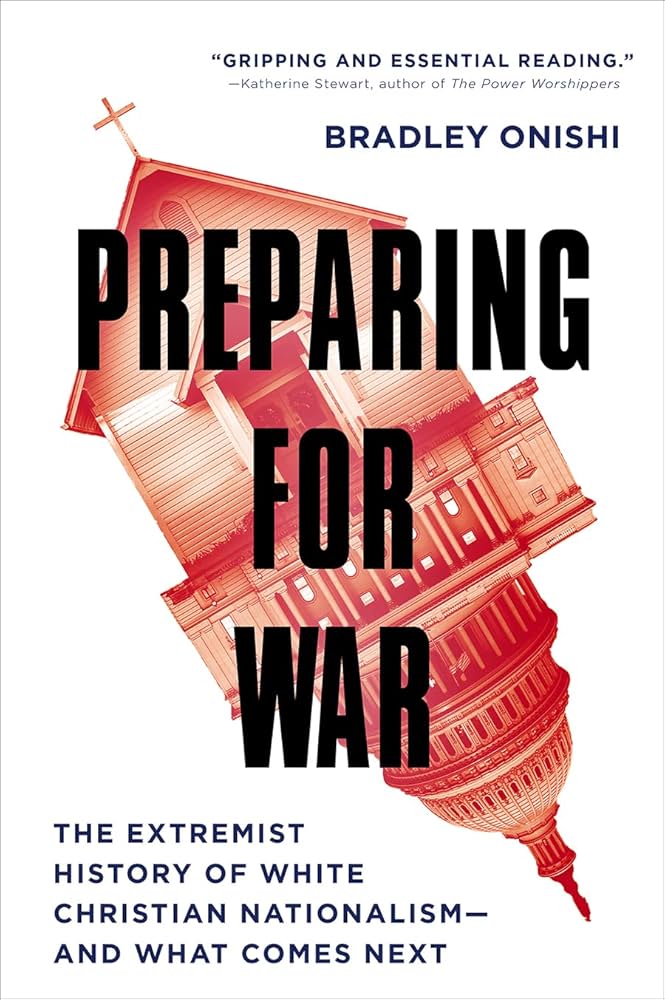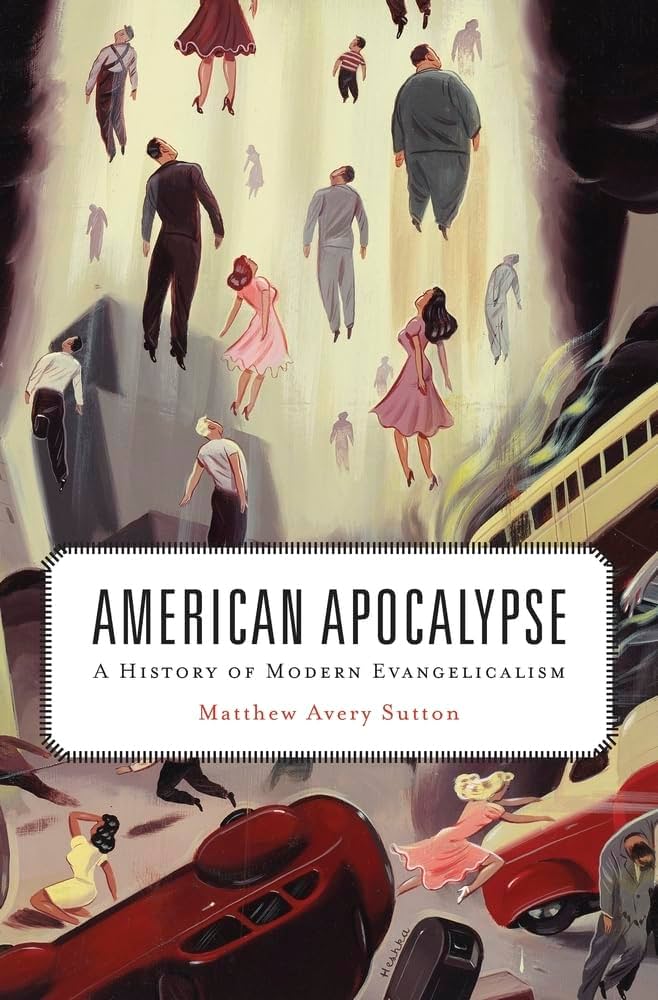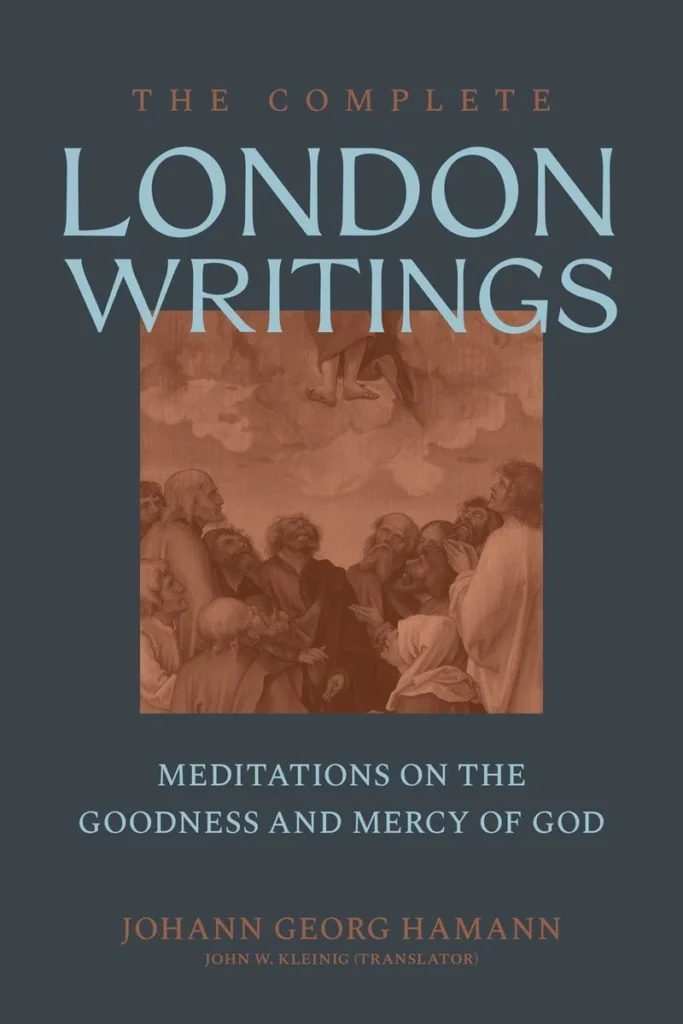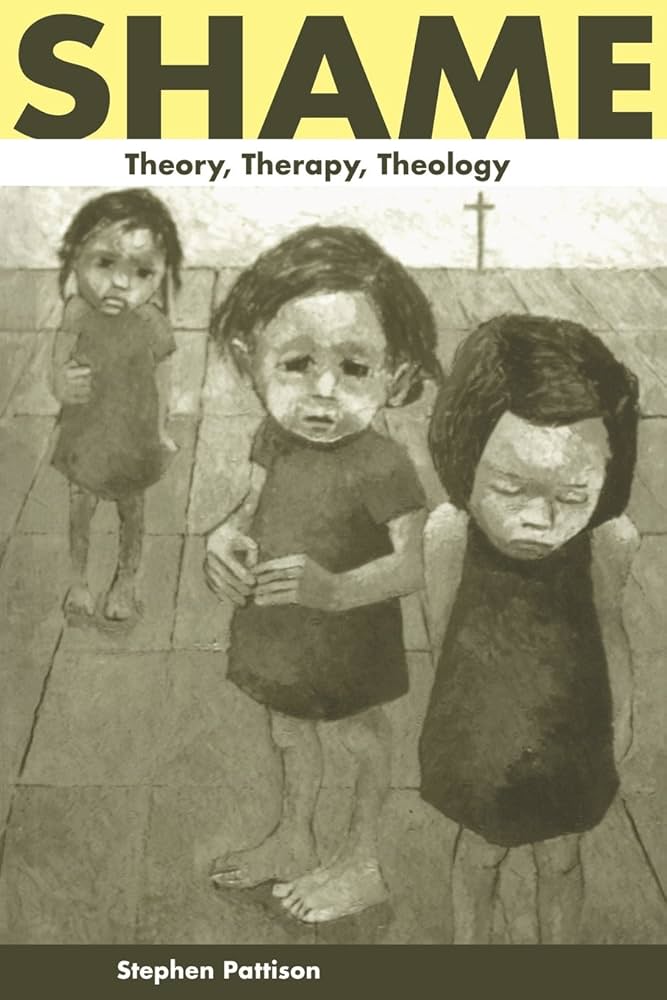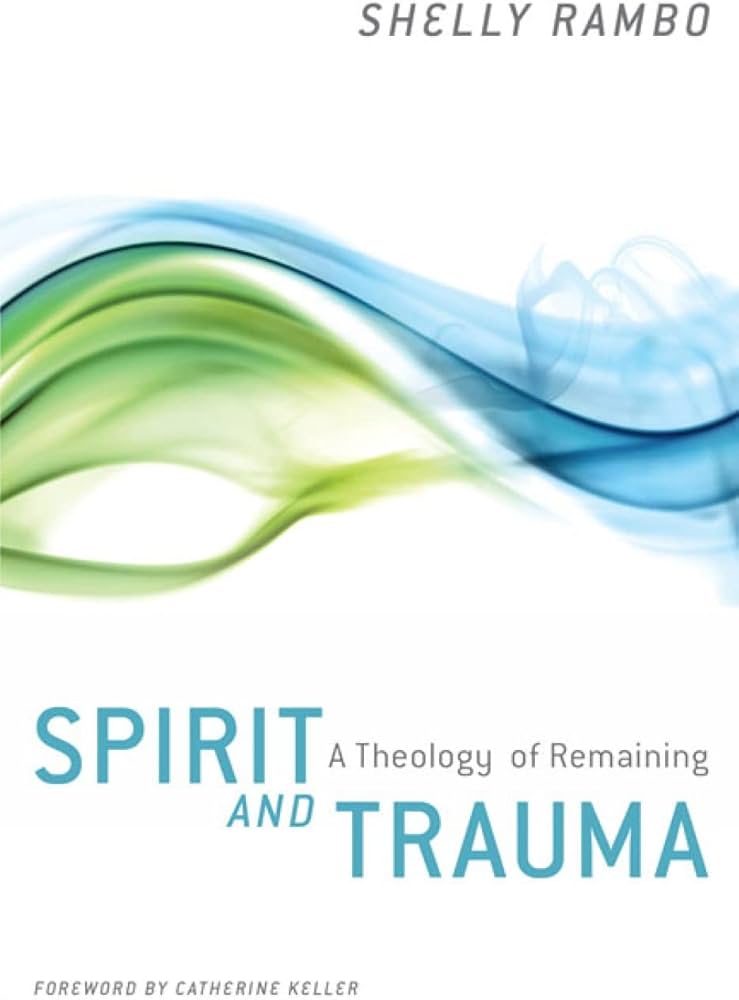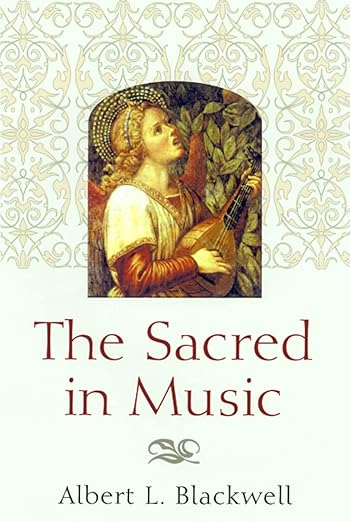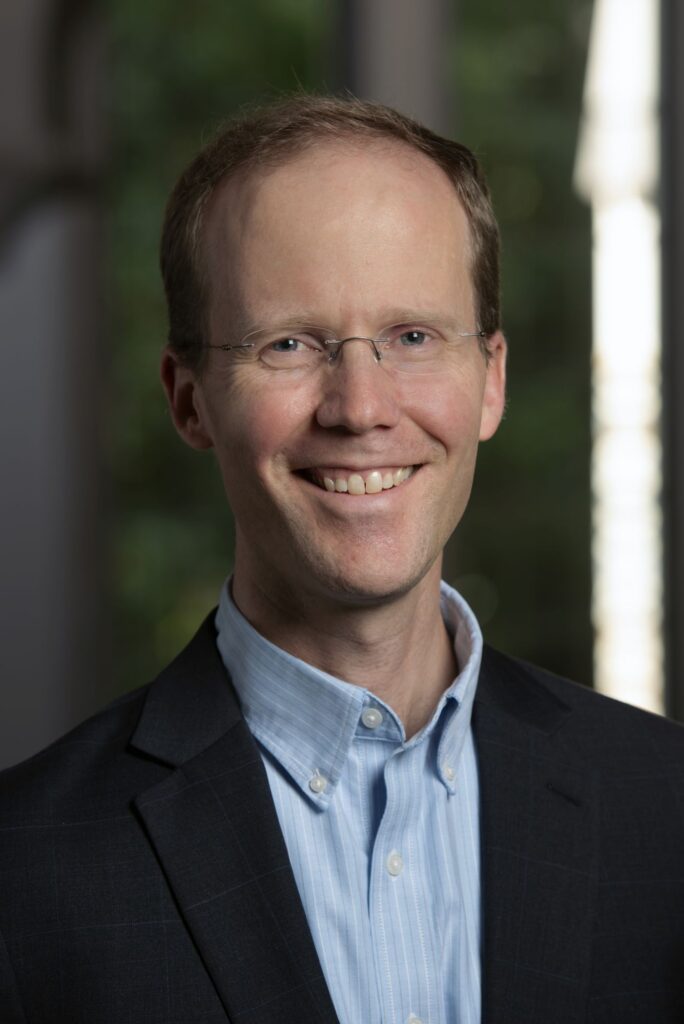Postmarks on Cultural Prophecy
“There is no longer Jew or Greek,
There is no longer slave or free,
There is no longer male or female,
for all of you are one in Christ” (Galatians 3:28).
In modern times, Scripture is meant to be read interpretively. One of the longest-standing debates in religion is homosexuality—one that, depending on where you look in the Bible, is either shamed or accepted through God’s love of all His creations. The text from Paul above is one example of God’s boundless nature and a theme of Walter Brueggemann’s essay collection. By freeing readers from literal interpretations of the Bible, interpretation liberates not only individuals but also their communities as a whole.
Organized into three parts and 26 essays, Brueggemann composes his work to elicit the freedom of God, the church, and the neighborhood. To start, he offers an interpretive system of reading the Bible whereby we pick and choose texts based on our vested interests, fears, and hurts; rooting readers within this lens allows him to urge an individual relationship with Scripture and away from religious establishments that claim to hold a singular “truth.” Reading the Bible in this way ultimately guides readers toward a humanitarian and universal outlook, including environmentalism, political crisis, and inclusiveness.
While Brueggemann encourages a personal relationship with the Bible, the church offers a communal outlet that embraces vulnerability and diversity. In the second part of his collection, his essays focus on the aim of churches as community leaders pursuing diversity and inclusion, and how corrupt establishments within the church have diluted this message.
Concluding with the individual responsibility of Christians to advocate for the disadvantaged within their community and the church as a whole, Brueggemann liberates God from the constraints of institutional interpretation and guides readers toward an individual reading of the Bible in line with Paul’s text, whereby differences are unified by God’s universal love.
Reviews and Endorsements of this Publication include the following:
“This collection is a rare gift for all interpreters and proclaimers of biblical texts for church and culture. Walter Brueggemann continues to be the most significant biblical theologian speaking to church and culture in our day. The Emancipation of God gives us all the revealing opportunity to see him at work; he clearly identifies his method and then illustrates it immediately in the first essay on the debate over the Bible and human sexuality. Brueggemann regularly shows tensions in biblical texts and how he navigates those tensions. In three parts he mingles pieces on the emancipation of God, the church, and the neighborhood. Don’t miss this jewel of delightful and remarkably crafted biblical interpretations.”
—H. Bellinger Jr., professor Emeritus of Religion, Baylor University
“Newer approaches to biblical interpretation can address the multiple (and sometimes contradictory) biblical traditions, the significance of different communities of readers and their respective histories and contexts, interdisciplinary insights, and the theological implications of our interpretations, among other things. It is a daunting task, but in The Emancipation of God: Postmarks on Cultural Prophecy, Walter Brueggemann uses these specific approaches to offer new insights on the Bible and its meaning for a life of faith amid today’s seemingly intractable divisions. This book is an important resource that will serve us well.”
—Cheryl B. Anderson, professor emerita of Old Testament, Garrett–Evangelical Theological Seminary
For more information on this publication, click here:
For more of “On the Lived Theology Reading List,” click here. To engage in the conversation on Facebook and Twitter, @LivedTheology, please use #LivedTheologyReads. To sign up for the Lived Theology newsletter, click here.


